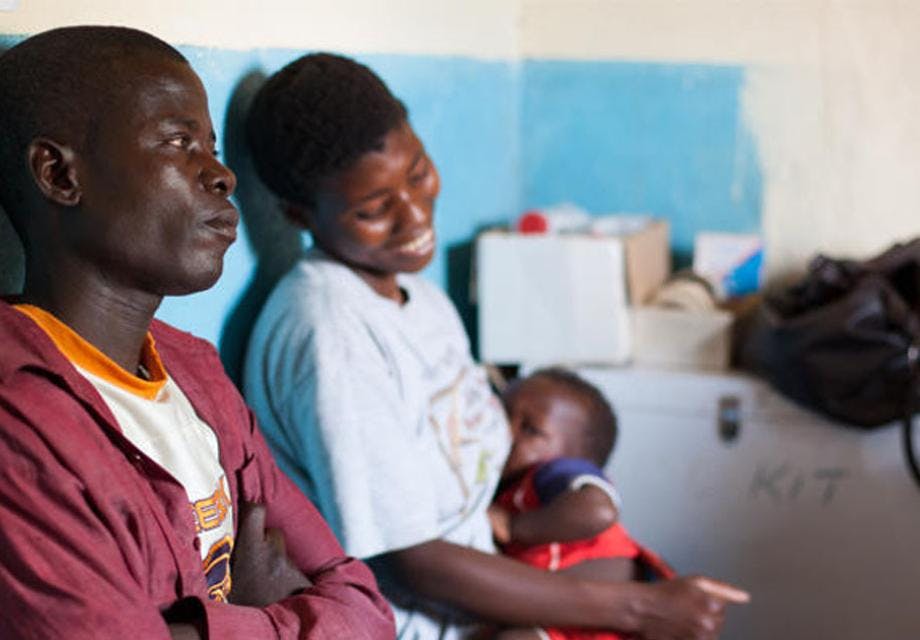What stops young women and their partners from taking PrEP?
Hester Phillips
04 March 2021
In-depth interviews from Tanzania suggest relationship dynamics and stigma are the biggest influencers on PrEP use.
Interviews with young women and their male partners in Tanzania have shed light on the reasons why some people might not take PrEP, despite being at heightened risk of HIV.
Pre-exposure prophylaxis (PrEP) is one of few HIV prevention methods that adolescent girls and young women (ages 15-24, known collectively as ‘young women’) can use and control by themselves. But current evidence suggests PrEP uptake and adherence among this group is mixed, ranging from 29–76%.
The influence male partners have on young women’s decision-making is well documented. As PrEP continues to roll out, more information is needed to understand how relationship dynamics may affect PrEP use among young women and their male partners.
Researchers interviewed 12 young women in heterosexual relationships (married or unmarried) and 16 men (aged 18 or above) in relationships with young women. All participants were HIV negative and came from either Dar es Salaam or a rural Mbeya where HIV prevalence is high. The interviews were conducted in 2017, shortly before PrEP was rolled out in Tanzania.
All respondents reported being aware of their own and their partner’s heightened HIV risk and the HIV prevention benefits of PrEP. Young women saw PrEP as particularly appealing as it was something they could use independently, unlike condoms.
Partner dynamics were the most influential consideration for PrEP use for both sexes.
All respondents wanted to discuss PrEP use with their partner, and what their partner thought about PrEP was a key factor in whether they would take it or not.
Interviewees felt that taking PrEP in secret could end relationships. Some young women said not telling their partner about taking PrEP might lead to emotional or physical violence or loss of financial resources.
Respondents described high levels of distrust within their relationship. Both sexes reported being unsure of their partner’s fidelity, leaving them vulnerable to HIV. As a result, respondents said they were open to discussing PrEP use, even within a committed relationship.
Most men said they would encourage their partners to use PrEP for shared protective benefit. This was linked to some men reporting that they had sex with other women and did not always use condoms. Using condoms with their regular partner would signal a breach of trust, which made PrEP a more viable option. In comparison, most young women said they were faithful and put their HIV risk down to their partner’s behaviour.
All respondents placed great importance on peer and family perspectives. Both sexes felt that stigma relating to PrEP might stop them from taking it.
Both men and women said the fear of being mistaken for someone living with HIV might stop them from taking PrEP. This was particularly a concern for men. Many feared experiencing anxiety, alienation and a loss of manhood if they were seen as living with HIV.
Alongside HIV-related stigma, young women were also worried about being seen as promiscuous if they used PrEP, particularly by their families. Being seen as promiscuous did not concern male interviewees.
Respondents agreed that being able to access early and comprehensive education from health providers about the uses, benefits, and side effects of PrEP would help to create mutual understanding about it within couples.
Gender-sensitive couples counselling on PrEP, offered as part of HIV testing, could be an effective way to get more young women and their partners to use PrEP and address unequal power dynamics.
Educating parents, peers and the wider community on both PrEP and young women’s sexuality could also encourage uptake.
Get our news and blogs by email
Keep up-to-date with all our latest news stories and blogs by signing up to the Be in the KNOW news digest.
